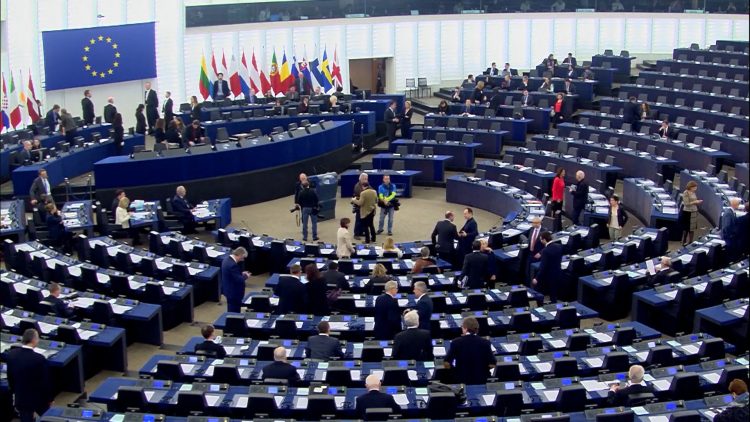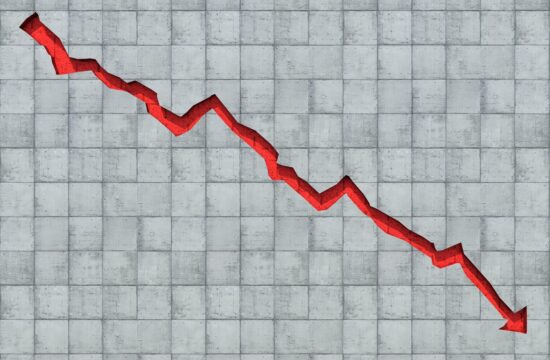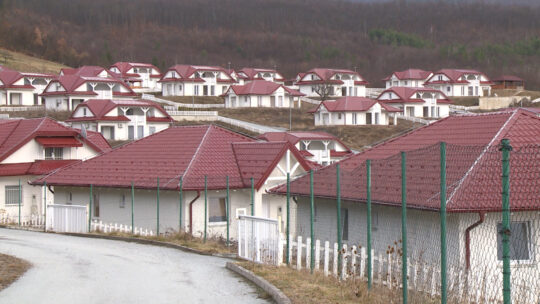
European Parliament (EP) members from Croatia have on Thursday expressed "deep concern" over the election process in Bosnia and Herzegovina in a letter addressed to top EU officials.
They claimed that Bosniak voters had elected the Bosnian Croat member of the country’s tripartite presidency and asked for the issue to be discussed at the next Foreign Affairs Council (FAC) meeting.
Bosnia is composed of two semi-autonomous entities – one with a Serb ethnic majority, Republika Srpska (RS), and the other shared mostly by Bosniaks and Croats, the Federation (FBiH).
The state-level Presidency is composed of three members, each representing one of the country’s three ethnic majorities. The Serb member is elected from the RS, and the Bosniak and Croat members are elected from the FBiH.
The Croatian EP representatives said that the Bosnian Croat presidency member was recently elected “mostly by Bosniak voters, while the overwhelming majority of Croats elected another candidate” and that this was happening for the third time already.
Such an outcome does not contribute to the viability or functionality of Bosnia as a “state of three equal constituent peoples and Others,” as it was set up by the Dayton Paris Accords (DPA), which ended the 1992-1995 war in the country.
The EP lawmakers pointed out that Croatia is a signatory of the DPA, as well as an EU member state that shares the longest border with Bosnia, and has “long and deep” ties with the country.
“Therefore, the Croatian members of the EP, call for vigilance and attention on how these developments might affect the stability of Bosnia and Herzegovina and its wider region, bilateral relations with Croatia, regional cooperation and its EU ambitions,” the letter, addressed to the Presidents of the European Parliament, Commission and Council, as well as the EU foreign policy chief and enlargement commissioner, said.
It also touches upon the necessary changes to Bosnia’s Election Law.
In 2016, the Constitutional Court declared several parts of the Law unconstitutional, after it ruled in favour of a complaint lodged by Bosnian Croat politician Bozo Ljubic. He argued that the Croat influence in cantons with a majority Bosniak population was unfairly diminished in the selection of delegates to the House of Peoples.
Political actors have, however, not managed to find a compromise on how to change those provisions of the Law thus far.
“Encouraged by the fact that this was raised at the highest levels in the Council and the European Council, we expect a follow-up and comprehensive discussion about the post-election situation in Bosnia and Herzegovina at the next FAC meeting,” the Croatian EP members wrote.
“There are very good reasons why in the DPA Bosnia and Herzegovina was constructed as one state with two entities and three constituent peoples,” they wrote, saying that, while the original setup was not perfect, “subsequent changes to the original balance produced unfavorable/harmful results” that need to be corrected.”
“It is high time that all EU institutions and Member States understand and accept the fact that the equality of the three constituent peoples is a must, not only because it is stated so in the DPA, but also because that is the only concept that guarantees the long term sustainability and prosperity of Bosnia and Herzegovina,” they wrote.
They expressed hope that all stakeholders in the process consider their appeal, “as well as previous appeals from the European Parliament, including in its last 2017 Resolution on Bosnia and Herzegovina about the crucial value of ensuring the legitimate representation for a functioning democracy.”
Tendencies advocating centralisation and separatism produce polarisation and this can be overcome only if equality of all three constituent peoples is ensured, the EP members said.




